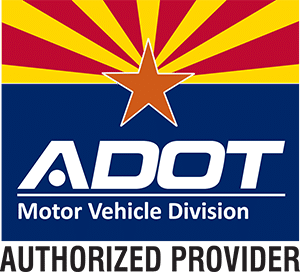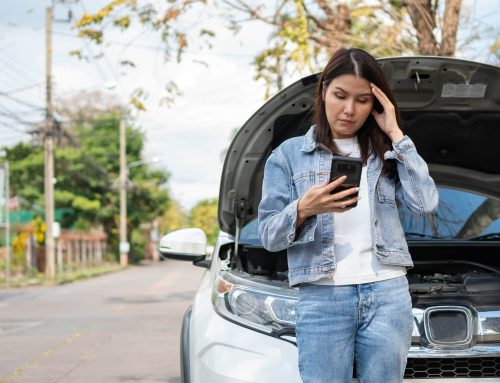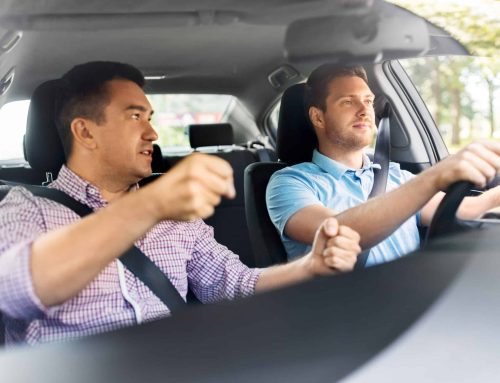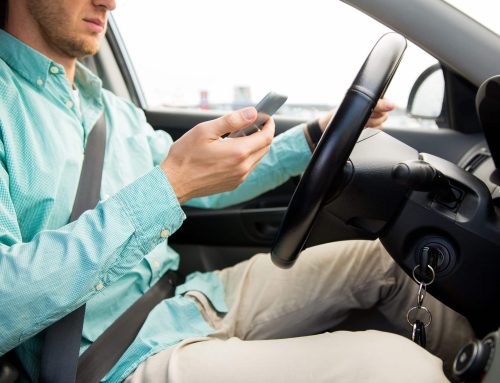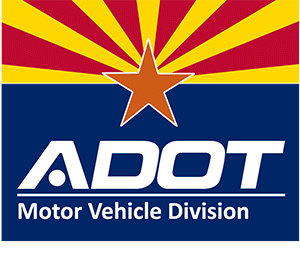Learning to drive and earning your driver license often brings feelings of freedom and independence. But what if you’re one of those drivers who instead feels nervous or anxious about driving, so much so that you avoid driving or are concerned your anxiety will lead to a panic attack?
First, recognize that feeling anxious or stressed in certain driving situations can be normal.
Learning to drive is hard, and teaching yourself to cope during stressful situations is also difficult. Realize that it’s ok to feel a certain degree of anxiousness or apprehension when you’re in a new situation, and give yourself permission to feel some discomfort.
You might also feel anxious because when driving, you’re in a situation where there isn’t an easy way out or where you have a sense of being trapped. For example, you might feel anxiety about going over a bridge or driving in rush hour.
Some people also experience driving anxiety after they’ve been in a crash or a near-crash, if they have had to drive in unusual circumstances (such as severe weather) or in an unfamiliar place, or if they have a family history of anxiety disorders.
Recognizing your feelings and pinpointing the source can be a good first step toward decreasing your anxiety while driving.
Note that there’s a difference between mild anxiety and a full-blown fear or phobia.
Phobia of driving is a very real thing, and you may want to seek professional help if you experience severe symptoms such as: excessive, persistent fear and panic; strong desire to get away from the car; shortness of breath; heart palpitations; or disorientation or confusion.
Some of these symptoms are similar to those of a panic attack, during which you might experience feelings of losing control, trouble breathing, excessive sweating, dizziness, or nausea.
But it’s possible to have mild anxiety about driving that doesn’t qualify as an actual phobia. You might experience some of these symptoms if you have mild anxiety:
- A feeling of restlessness or feeling on edge when you have to drive or if you are thinking about driving
- Difficulty concentrating when driving, or feeling overly focused
- Feeling fatigued during driving or after driving
- Irritability
- Tension in the body, especially the back and neck
If you are experiencing mild anxiety, take steps to cope before it can worsen.
It’s good to know that anxiety doesn’t have to define your driving experience. You can take steps to cope and gain control. Anxiety in the short-term can make driving stressful, but if you let it control you — rather than the other way around — it can have long-term negative effects.
Try these coping strategies:
-
- Talk to a trusted friend or family member and engage them in supporting you. Having someone to talk to and someone who can keep you accountable to using your coping strategies can be a big help in overcoming the driving anxiety hurdles you’re facing.
- Find relaxation techniques that work for you. Try deep breathing; progressive muscle relaxation (PMR, or relaxing one group of muscles at a time in a progression); meditation (not while driving); uplifting self-talk; visualization (visualizing yourself driving in a calm and relaxed state, or visualizing yourself in a peaceful place); or music that is calming or brings to mind good memories.
- Ditch emotional reasoning thoughts. The idea that, “If I feel it, it has to be true,” can be destructive and anxiety-inducing. Learn to recognize emotional reasoning in yourself, or the belief that what we feel is evidence of an adverse or dangerous situation. Learn to overcome that mindset.
- Focus on the part of the route you’re on right now. When you’re driving, it’s natural to want to think ahead about the entire trip and every aspect of the route. Although you should know exactly how to get to your destination, when you try to manage the entire trip in your head the entire way, it can make it more overwhelming. Try to stay in the present and focus on seeing the road directly ahead and navigating the exact part of the route you are on in the moment.
- Gain more driving experience. In psychological terms, this is called “exposure.” The more you expose yourself to driving situations, the more trained your brain will become in handling those situations with safety and control. This teaches your nervous system that it doesn’t need to trigger the “fight or flight” response and you can successfully manage driving.
Get help from a trained professional.
Anxiety in certain situations can signal a deeper problem that requires the help of a trained therapist or other professional. This can be the case especially if your symptoms are severe and you haven’t been able to overcome your anxiety using coping strategies like those above.
Another way to overcome mild anxiety and feel more confident in your driving abilities is through driving school. Having a trained driving instructor by your side can go a long way toward helping you feel assured and calm, rather than anxious, when driving.

